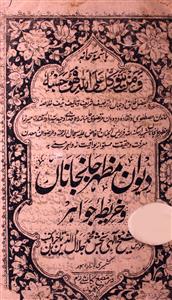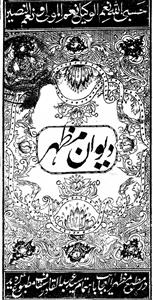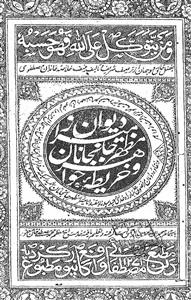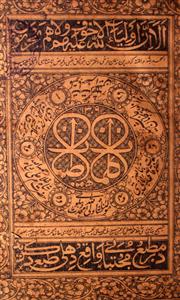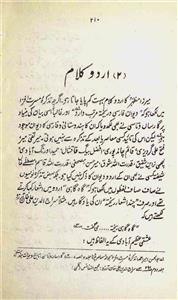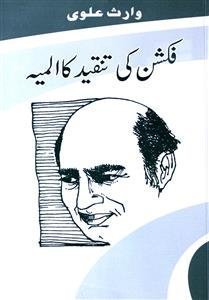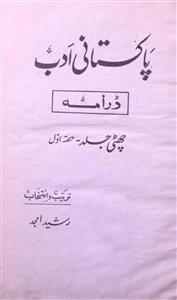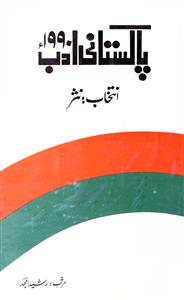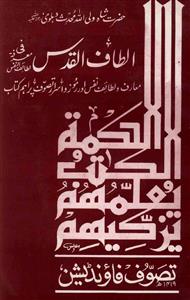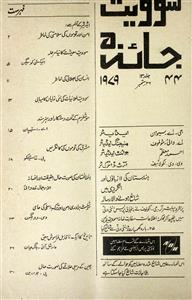 For any query/comment related to this ebook, please contact us at haidar.ali@rekhta.org
For any query/comment related to this ebook, please contact us at haidar.ali@rekhta.org
About The Author
Mirza Mazhar Jan-e Janan (1699-1781) also known by his title, Shamsuddin Habibullah, was born in Agra according to one source, and in Kalabagh in Malwa, according to another. His father migrated from Deccan to Agra, where Jan-e Janan received his early education before his father came to Delhi and was rewarded with a high position by Emperor Aurangzeb. Jan-e Janan inherited from his father the taste for a life of Sufistic leanings, which he carried to the greatest heights and emerged as a major Sufi of the Naqshbandi order. He had a large number of disciples who venerated him for his incomparable spiritual and poetic merit. He commanded equal respect among those in the royalty and the nobility. Shah Waliullah, the great Islamic scholar of his time, held him in very high esteem for his rare understanding of Islam and the Traditions of the prophet. Sources testify that on account of a difference in the matters of religious faith and his unreserved expression of his conviction, he was brutally attacked and killed by a fanatic who subscribed to another sect of Islamic faith. He lies buried in Delhi but remains largely unknown. Only those who can appreciate his spiritual and poetic worth know his whereabouts.
Jan-e Janan came to be recognised as a major poet in both the languages, Persian and Urdu, although the volume of his work in Urdu is far less than in Persian. He privileged the Persian modes of expression and made way for the enrichment of Urdu as a literary language. He did not pay much attention to the art and artifice of poetry but chose a natural and direct mode of expression. As he brought the refinement of Persian to Urdu poetry, he chose to reject the oblique and the obscure in thought and language, bringing poetry close to natural human apprehension and understanding. His idiom echoed the contemporary idiom of his location but it also harked back to the Deccani dialect. Jan-e Janan has left behind a Persian Divaan called Divaan-e Mazhar, three collections of his letters, and an anthology of select poetry from classical Persian masters called Khairat-e Jawaahir.
 For any query/comment related to this ebook, please contact us at haidar.ali@rekhta.org
For any query/comment related to this ebook, please contact us at haidar.ali@rekhta.org
Write a Review
Jashn-e-Rekhta 10th Edition | 5-6-7 December Get Tickets Here
